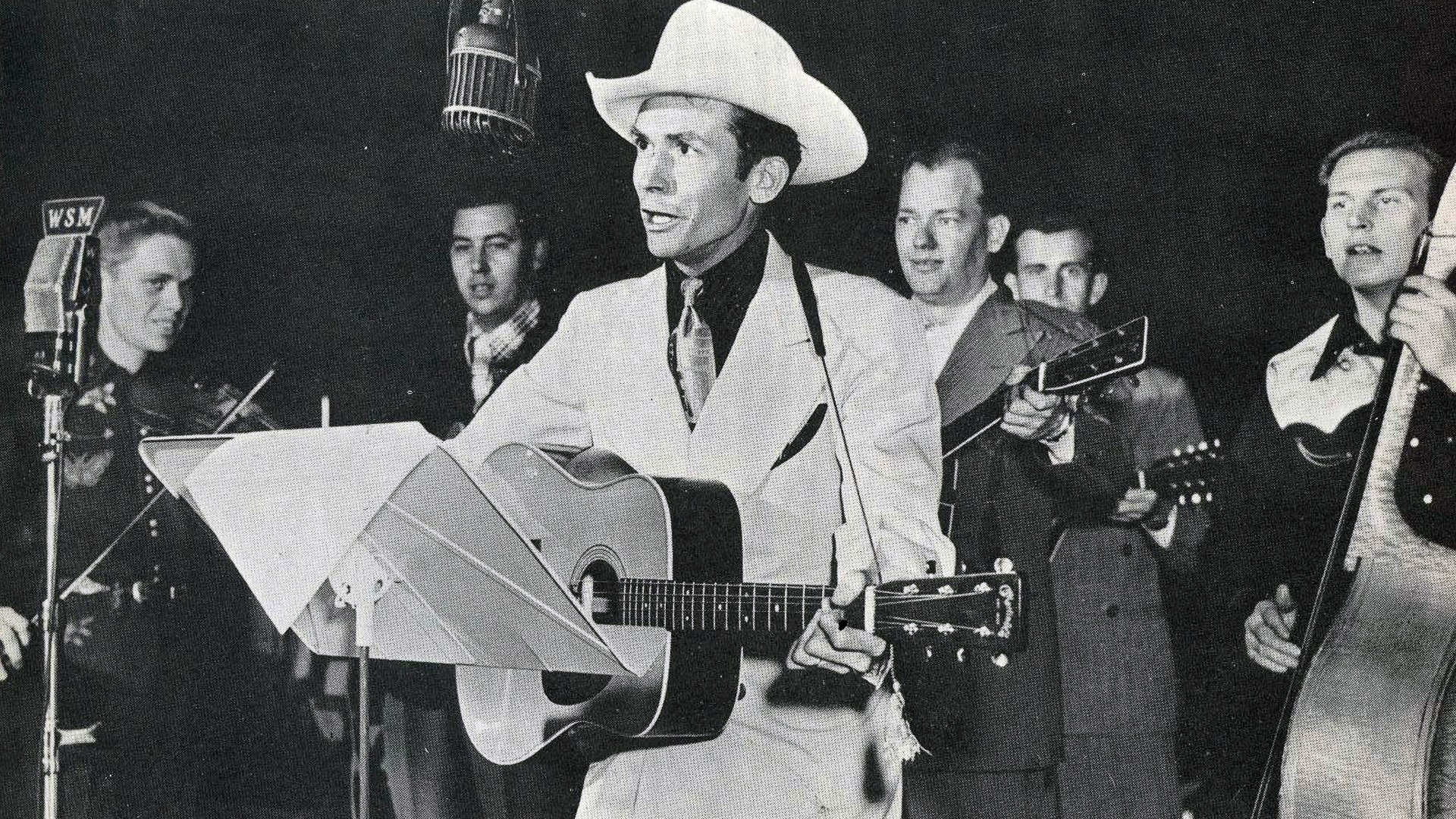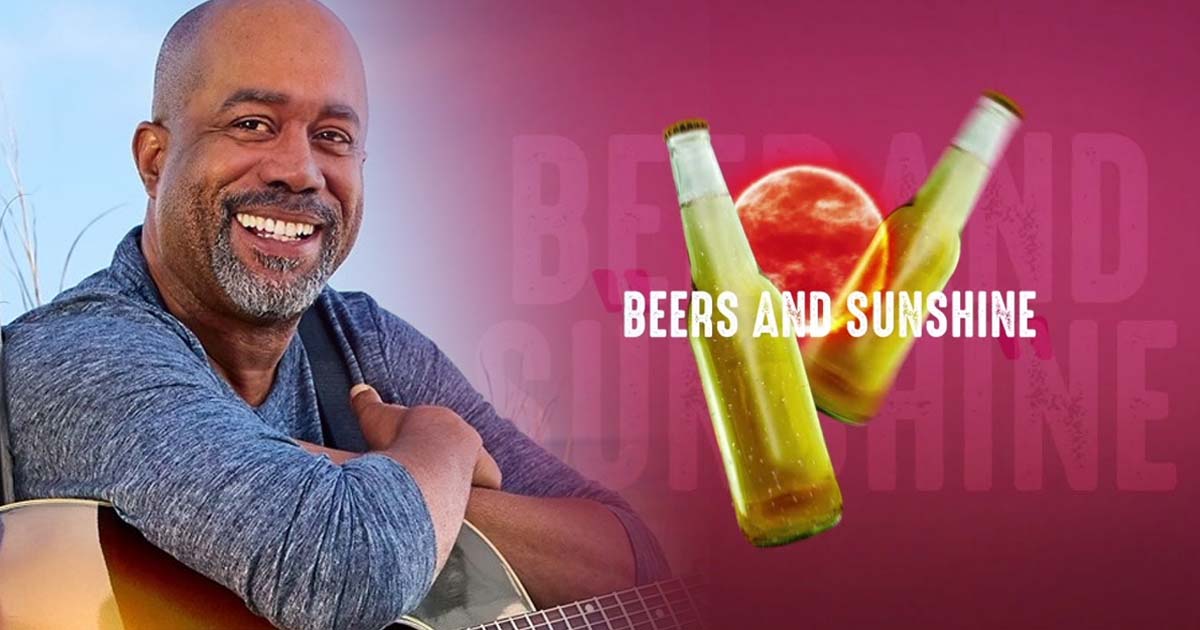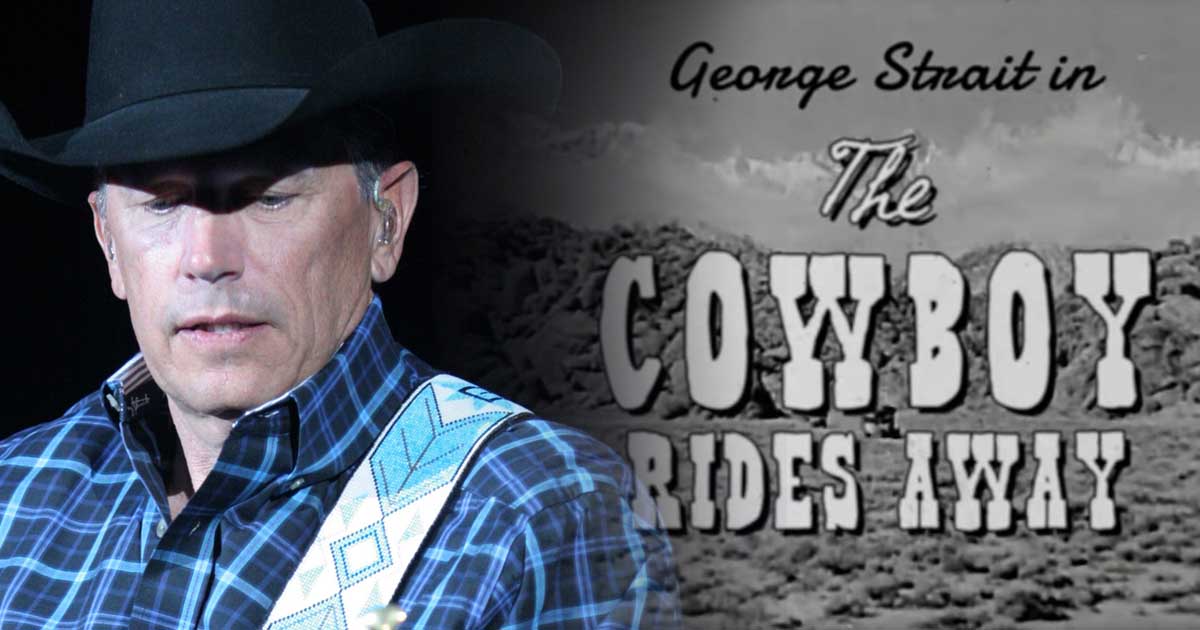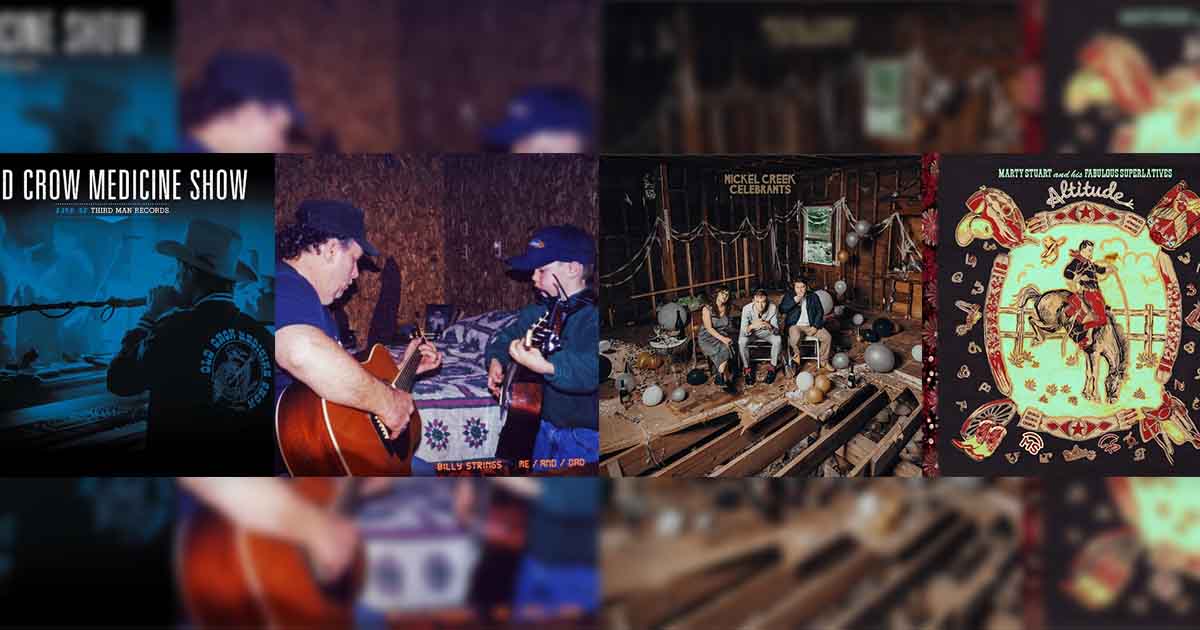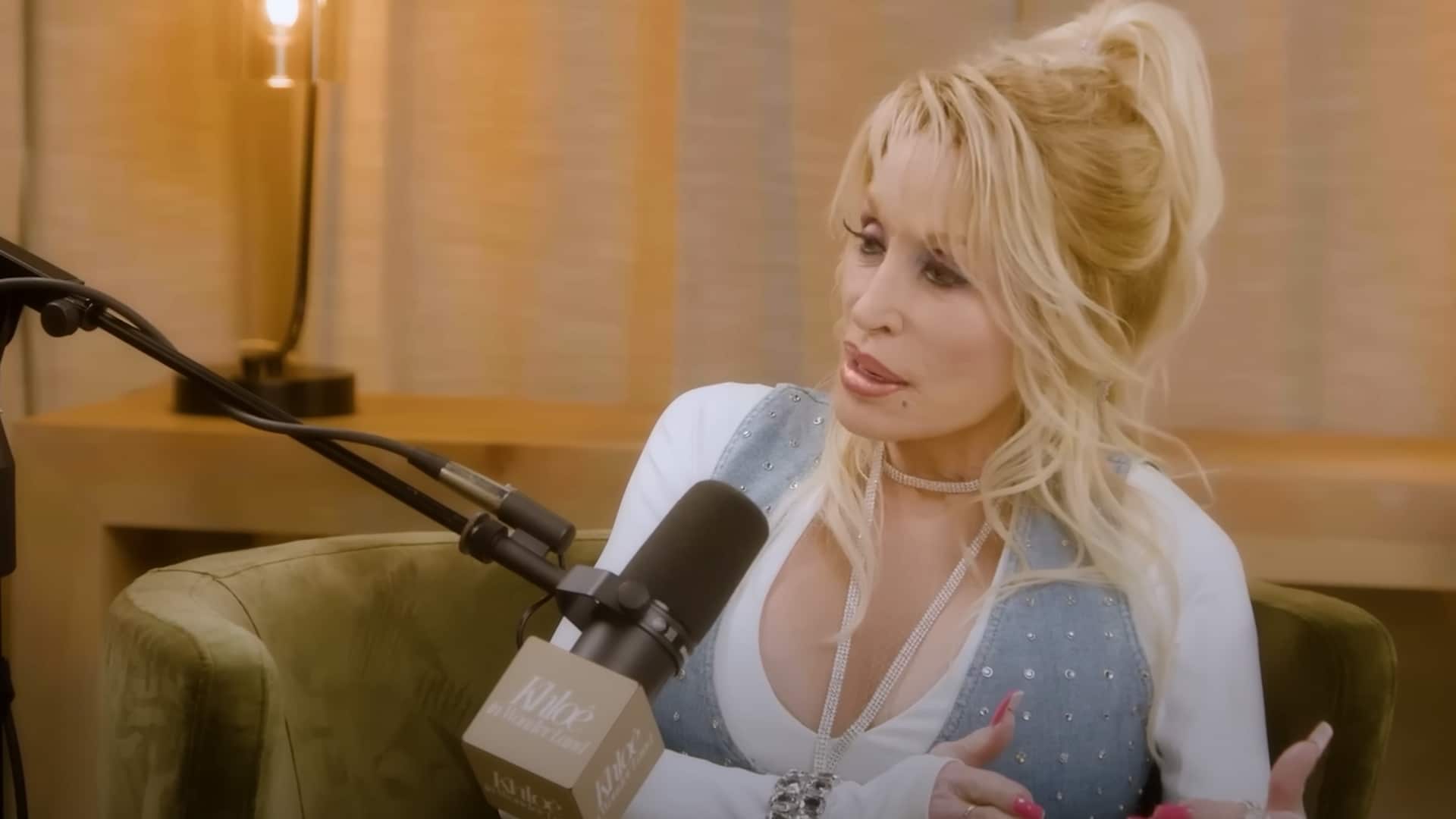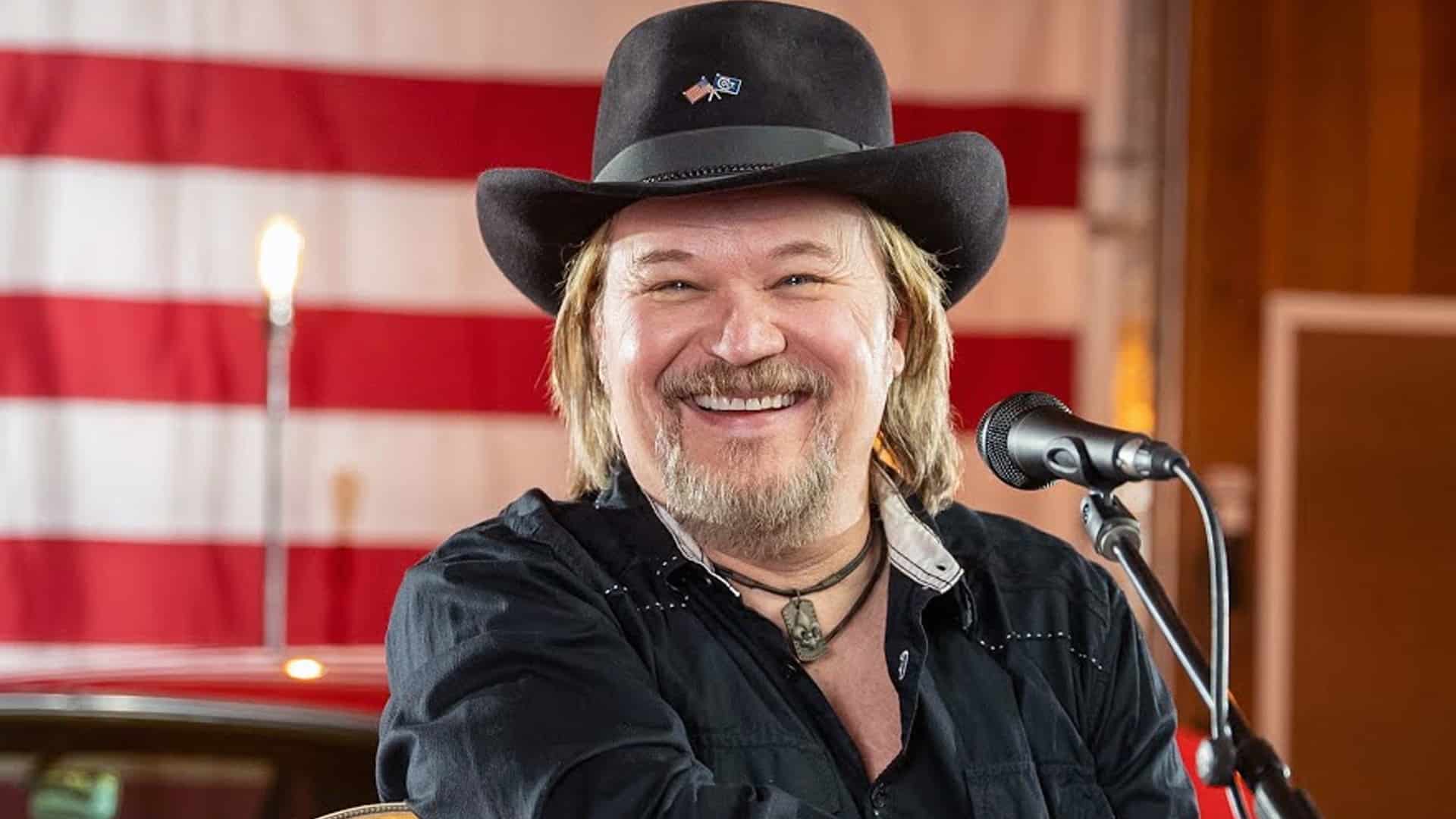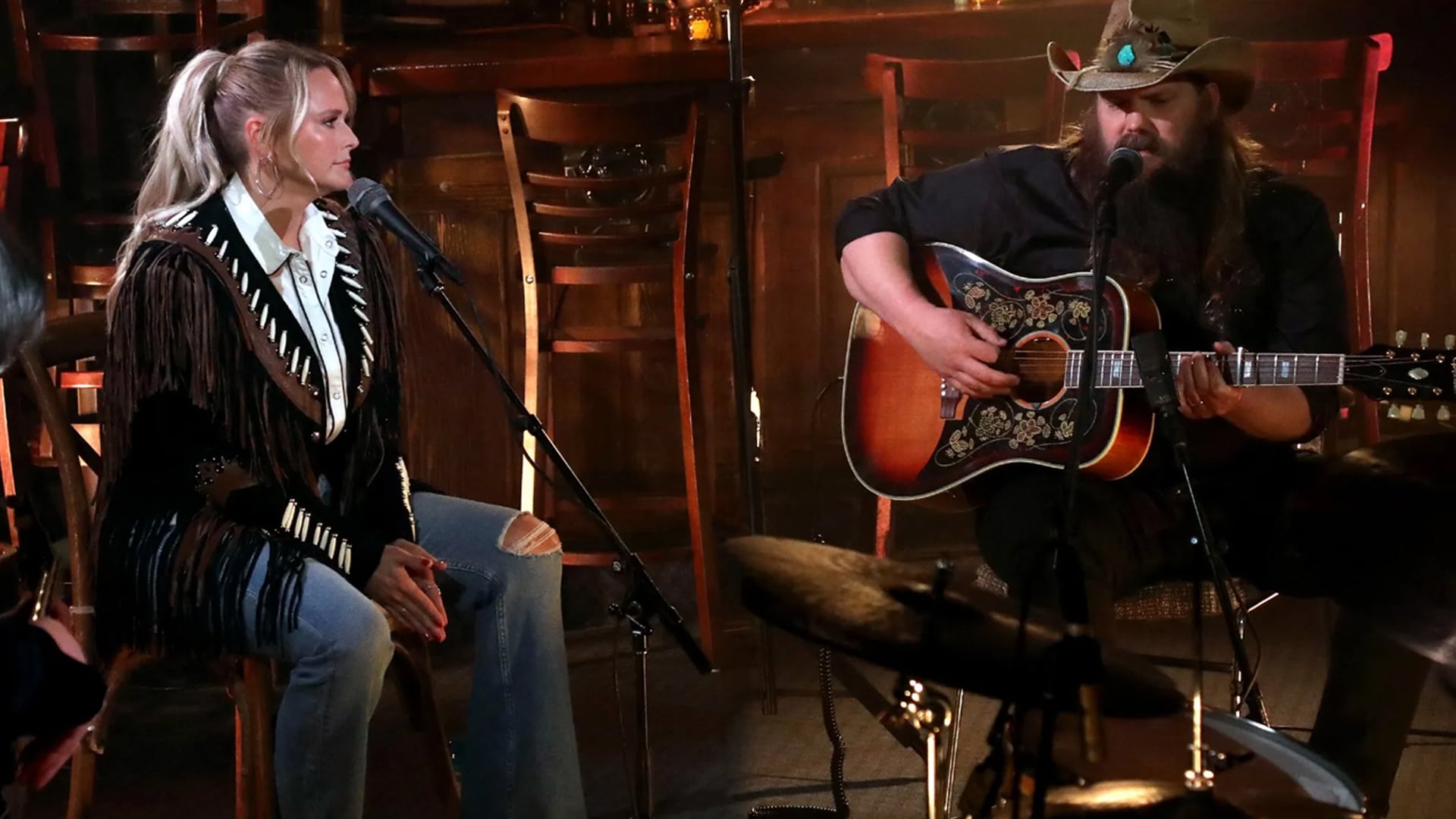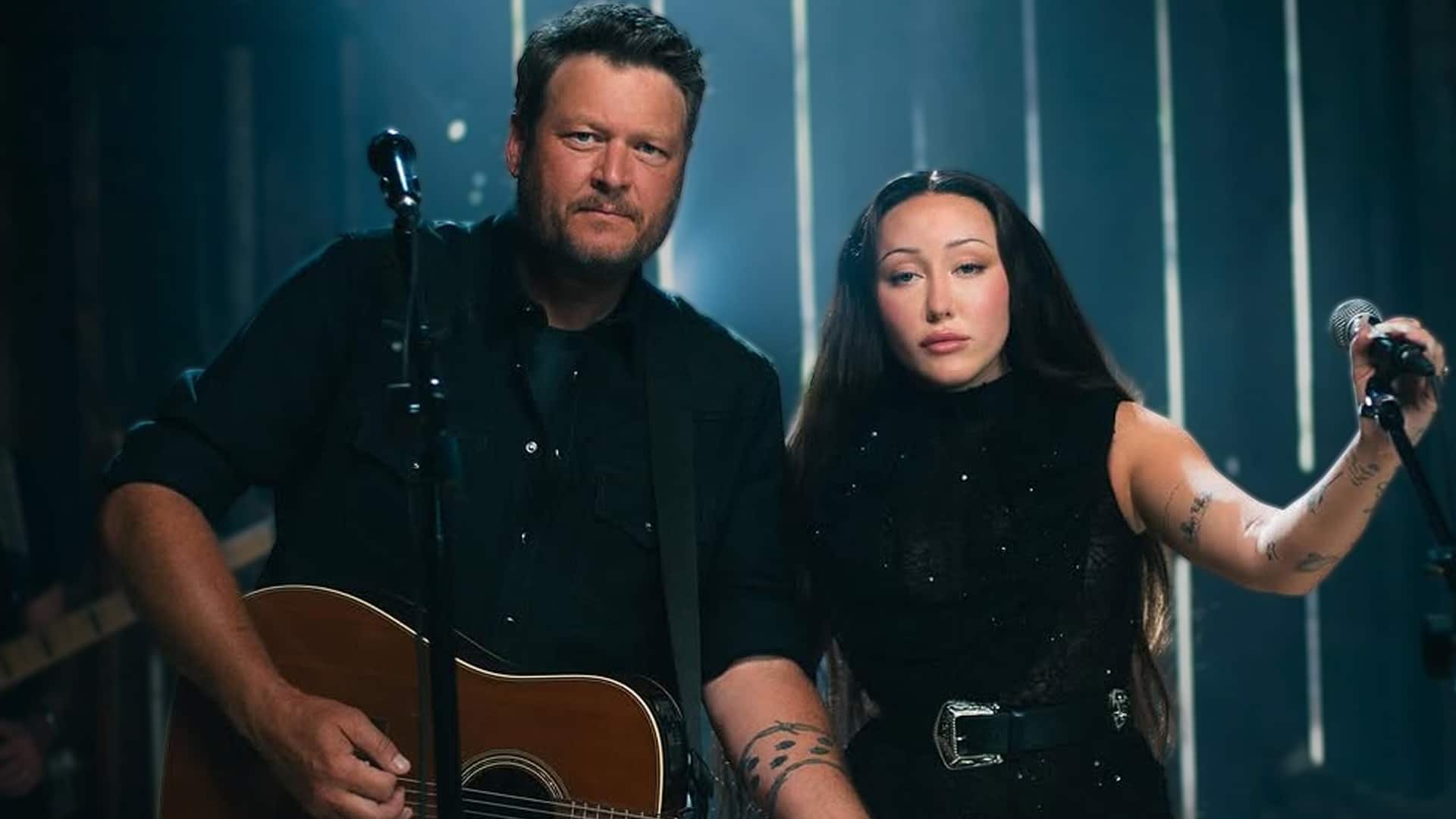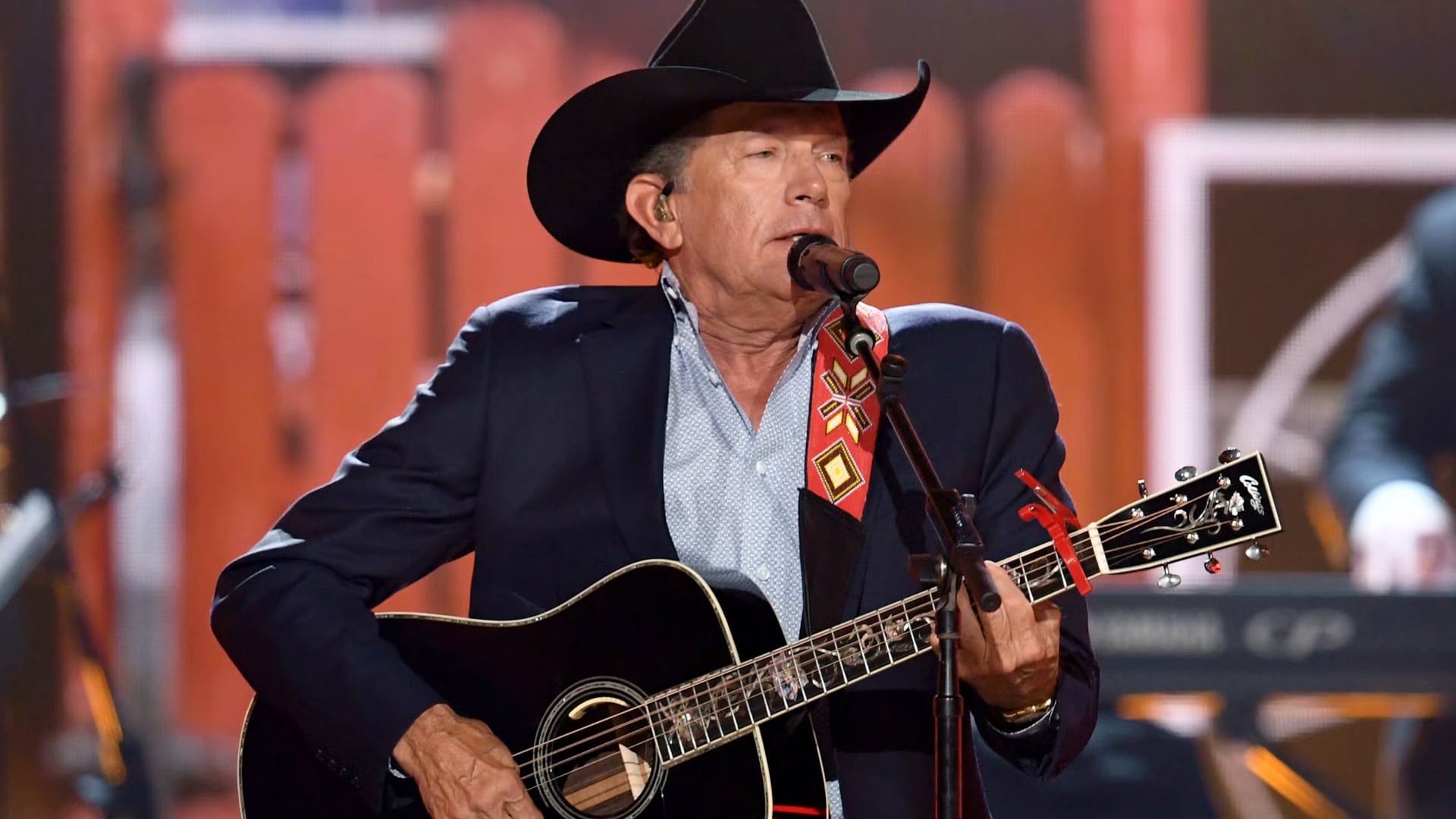“Your cheatin’ heart will tell on you.” That line might’ve been about an ex, but it could’ve just as easily been about fate whispering in Hank Williams’ ear.
In the fall of 1952, Hank Williams was headed down to Shreveport, Louisiana, with Billie Jean Jones, the woman he planned to marry. The words started pouring out somewhere along the highway, somewhere between hope and heartbreak. He called it “Your Cheatin’ Heart” — a song aimed at his ex-wife, Audrey Sheppard, but maybe a little at himself.
“Get out my tablet, baby,” he reportedly told Billie Jean. “You and I are gonna write us a song.” Just like that, he dictated the lyrics that would become one of the greatest country songs ever written. And before they were halfway to their destination, the song was done.
Hank had a lot of “heart” songs. But he told friends this was his best. Turns out, it would also be one of his last.
On January 1, 1953, Hank Williams died three months later. He never made it to his New Year’s Day gig in Canton, Ohio. Somewhere in the backseat of a powder-blue Cadillac, chauffeured by a teenage driver, the man who helped invent modern country music slipped away for good. The cause was officially heart failure. The truth, as always with Hank, was likely messier — pills, booze, pain, and pressure.
But before that ride, there was a recording session. One last time. In September 1952, at Castle Studio in Nashville, Williams cut what would become his final tracks. Among them? “Your Cheatin’ Heart.”
According to Don Helms, his steel guitar player, they only played it once. “Nobody made a mistake bad enough to have to do it again,” Helms said. “So what you hear on that record had no rehearsal.” It was raw, immediate — like Hank himself.
The song was released after his death and rocketed up the charts. It spent six weeks at No. 1 on Billboard’s Hot Country Songs and became a cornerstone of Hank’s myth. It was everything country music was meant to be: bruised, honest, laced with sorrow, and soaked in melody.
But here’s what most folks forget — Hank Williams never got to see how massive the song became. He didn’t watch it top the charts. He never stood on stage and heard the crowd sing it back to him. He gave it to the world and then vanished before it could give anything back.
“Your Cheatin’ Heart” might’ve been written fast, but it lingers like something much older — like truth passed down in a melody or a goodbye stretched across a chord.
And in that, maybe Hank knew exactly what he was doing. Not chasing perfection, not planning a legacy. Just writing a song because he had something to say and not much time left to say it.

